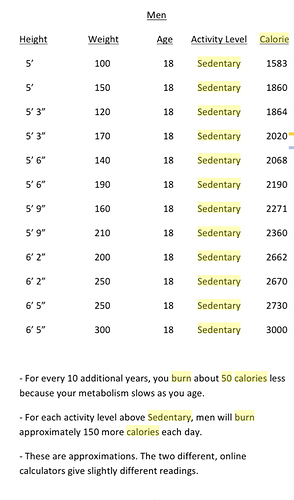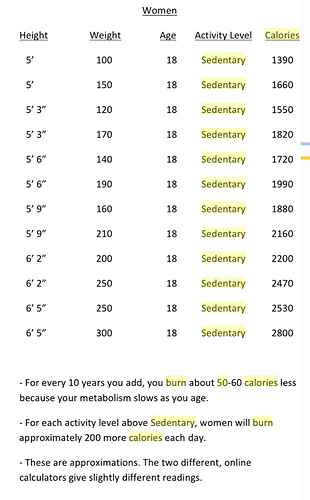The human body has spent the past couple of million years adapting to cope with a wide variety of conditions. On a well-formulated ketogenic diet, we do not recommend restricting calories, for two reasons. First, the body’s hormonal response to the types of food we eat is far more significant than the motto “a calorie is a calorie” would tend to suggest. Second, the body seems to interpret reduced caloric intake as a signal of famine, and in such a case it hunkers down, slowing our metabolism and hanging on to our fat stores, in order to get us through the famine.
So the point of restricting carbohydrate is to reduce serum glucose levels to the point where insulin can safely drop. Since insulin is, among many other things, the primary hormone involved in the storing of fat in adipose tissue, low insulin levels are desirable from the point of view of losing excess stored fat, as well as from the point of view of metabolic health. Then the point of our advice to eat to satiety comes into play, because we don’t want to trigger the famine reflex. The lowered insulin allows our body’s appetite and satiation hormones to function properly, whereas elevated insulin levels block key receptors in the part of the brain that regulates our appetite, leaving us feeling perpetually hungry.
A corollary to the maxim “a calorie is a calorie” is the advice to “eat less, move more.” Both of these maxims fail to account for the body’s hormonal response to the foods we eat. As Dr. Jason Fung explains, the thinking that all we need to do to lose weight is to create a caloric deficit fails to achieve its goal because it describes the situation as a “one-compartment” problem, whereas what we are really dealing with is a “two-compartment” problem. If we were truly dealing with a one-compartment problem, it would not be possible to shed excess stored fat while simultaneously building muscle and bone. The one-compartment model says that all food is either metabolised or stored as fat, leaving the possibility of increasing lean mass out of the picture.
Fortunately, a well-formulated ketogenic diet eaten to satiety provides the proper nutrients in both quality and quantity. For building muscle, we need foods rich in the essential branched-chain amino acids; for shedding excess stored fat, we need foods poor in glucose—in other words a low-carbohydrate diet. To build muscle, we also need energy, which in the absence of carbohydrate must come from fat (which has virtually no effect on our insulin level). When insulin levels are low enough and the appetite hormones are properly functioning, we automatically eat at a level that allow both our dietary fat and some of our excess stored fat to be metabolised. And to avoid slipping into famine mode, we need to consume enough calories to permit the body to freely dispose of its resources. The best way to ensure that we are not stinting on calories is to eat to satisfy our hunger.
Interestingly, fasting does not trigger this famine mode. Instead it switches the fuel source from food intake to fat reserves, which is why fasting ketosis and nutritional ketosis are such similar states. As I understand it, the withdrawal from fat reserves matches the energy needs of the body, up to the limit of the maximum number of calories that can be withdrawn from those reserves. If the maximum is less than the energy need, then the metabolic rate must drop to compensate for the shortfall.






